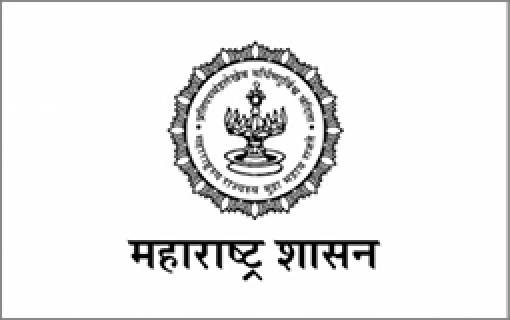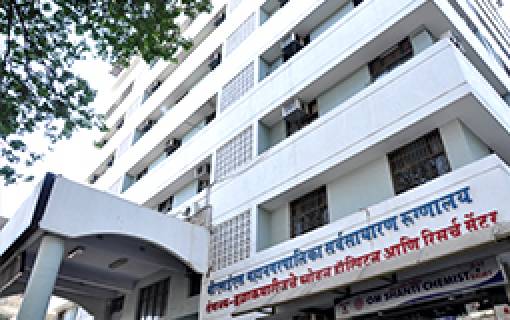Public Private Partnership in Healthcare in India
Despite some laudable accomplishments in the health sector, the picture is still wanting across all categories and strata of healthcare delivery. On one side the healthcare sector is burdened with a paucity of clinical and nursing staff and rising costs, uneven quality, and increasing demand whereas on the other hand factors such as lifestyle diseases, communicable diseases, newer emerging infections, and accidents, and injuries are building up.
This calls for an immediate re-thinking on the part of the government and private healthcare providers to address the impending calamity that would occur in the absence of some concerted and effective measures.
Public-Private Partnership (PPP) initiative in healthcare in India is the much talked of `mantra’ for quite some time. This need arose against the milieu of insufficiencies on the part of the public sector to provide people good, efficient, and effective healthcare on their own owing to lack of resources and management issues. Will this help achieve India’s decades-old, unfulfilled goals of `healthcare for all’.
Generically, PPP can serve as an instrument for enhanced public benefits that could be both in the form of increase in capacity and quality of healthcare delivery.
Whilst the role of a private proponent is of value, the alliance requires a proper utilisation of each partner’s resources. The roles of each have to be well delineated highlighting their authority and responsibility towards the healthcare seeker.
The Government’s principal responsibility should be good governance and policies, security and law and order and infrastructure. The current standard of delivery needs to be fundamentally altered to take cognizance of professional and proficient organisations that would be abundantly responsible for every rupee spent vis a vis services delivered.

Government’s mandate should be to raise public spending on health seeking a reasonable contribution from the private sector too. The public health units should be made accountable to local communities with well-defined service delivery assurances from self-governing health delivery units, even in remote rural regions.
The challenge is to convince and partner with non-public sector (NGOs, Trusts, private providers) to develop health outcomes through innovative public-private partnerships that adopt equitable, quality service delivery, demand side funding, ethical practice and community partnership.
Private partners can assist in realizing the Government’s development goals and in devising comprehensive projects. They can also help in identifying and garnering appropriate and sufficient investments, which, more often than not are overestimated by the local authorities, thus creating constraints to the timely deployment of suitable investment.

Healthcare delivery is a State matter. State Governments can assign management of sub-health centres, PHCs, CHCs to private partners under lease agreements. Similarly the Government could also assign their teaching hospitals and medical, nursing, dental and paramedical colleges, stand alone diagnostic centres, etc. to the private sector partner to manage these institutions under a pre-decided agreement. The Government could, meanwhile, contribute its allotted budget for these institutes with the private partner bringing in a requisite amount to sustain the operations and increase capacity and service delivery as and when required. There would be a pre-decided component of indigent (free) and subsidised patients that the Government would refer to these hospitals through a `gate-keeper mechanism’. Government formulated health insurance schemes for this category of patients would further help in ensuring affordable care for needy patients.
The private partner, infusing substantial funds into the venture, should be allowed to treat `fee for service’ paying patients so as to cross-subsidise the subsidies in the same hospital or in another facility in or outside the same campus.
The private sector can also provide facilities for training of medical, paramedical, para-medical and nursing staff to hone their skills for better care. As part of their CSR activity, the private sector could also partake in education of people on improving environment, sanitation, providing clean water supply, preventing air pollution and increasing the green cover. A community participation in these areas would instill a sense of responsibility and empowerment for the community members who would act as informed and involved partners. Patient education should be an integral part of healthcare and in planning of hospital operations. involvement of community representatives would give them a sense of social responsibility.
Empirical data does not favour Government’s ability to alone deliver. Time is apt to give momentum to PPP in India as a solution to get to the bottom of the pyramid. This effort requires a great degree of honesty and conviction and a readiness to deliver to the masses what otherwise appears as only an unfulfilled agenda.
Dhanraj Chandriani
Managing Director
Technecon Healthcare Pvt. Ltd.
We would love to talk to you about your vision for your healthcare project and provide meaningful insights into how we can help you realize your goals. We look forward to hearing from you.
Project Highlights
We have had a proud association with various prestigious clients and projects.
Need Help? Send in your query.
Please fill out the form below and we will get back to you as soon as possible.












